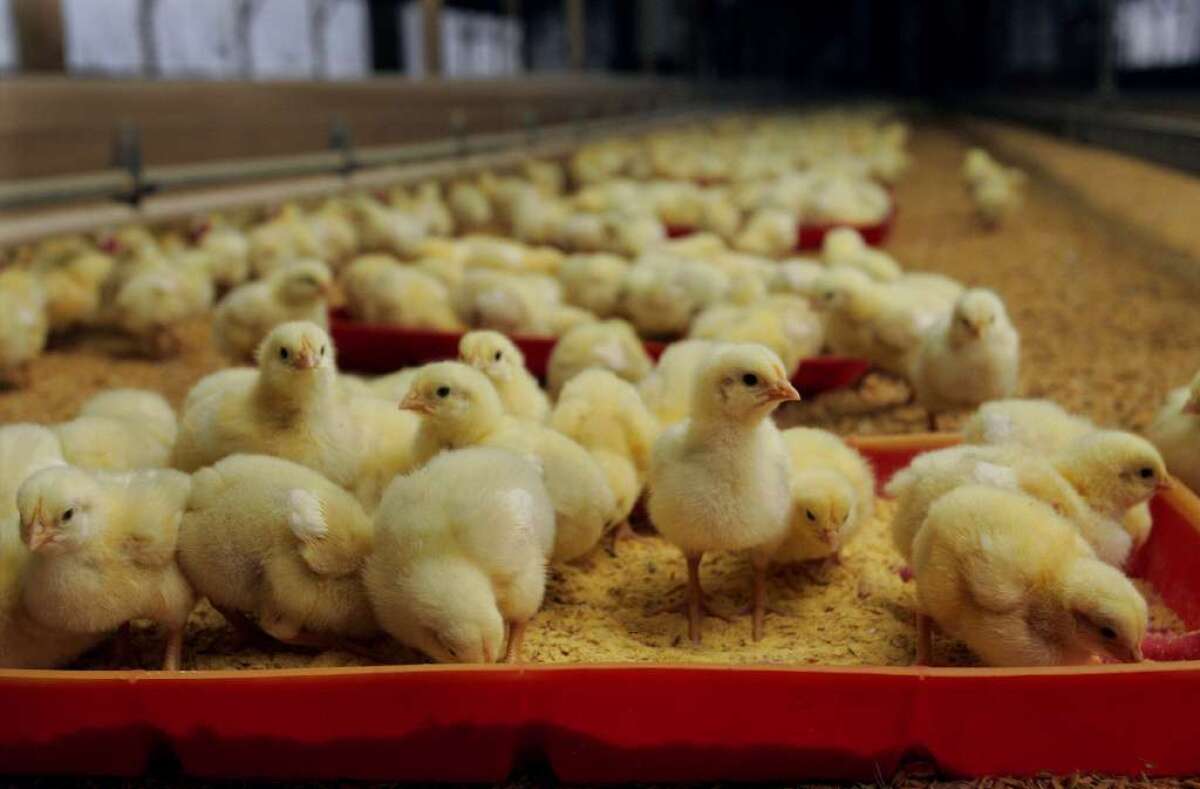More drug makers agree to limit antibiotics for farm animals

- Share via
The Food and Drug Administration said 25 of 26 drug companies that were asked to phase out antibiotics to promote growth in farm animals have agreed to comply with the agency’s voluntary plan.
The development announced Wednesday clears a major hurdle in the FDA’s push to combat growing human resistance to antibiotics because of their overuse.
Farms use about 80% of the nation’s antibiotics supply, sometimes in healthy animals to speed up growth or prevent illness in unsanitary conditions.
Their widespread application is being blamed for the rise of superbugs that afflict 2 million people in the U.S. and contribute to 23,000 deaths each year, according to the U.S. Centers for Disease Control and Prevention.
The FDA first proposed a plan in December that asked major drug makers to remove growth promotion claims on their products, effectively making it illegal to prescribe the drugs to livestock for anything other than medical reasons.
The antibiotics in question are only those with similar applications in human medicine. Known as medically important antimicrobials, they include popular drugs such as penicillin and tetracycline.
Skeptics feared that manufacturers would resist the plan. The FDA said a voluntary approach was necessary because banning the drugs would have resulted in lengthy and costly litigation.
The FDA said the 25 companies that agreed to the plan make 99.6% of the targeted drugs. They include major manufacturers such as Bayer Healthcare and Novartis Animal Health.
Former Pfizer subsidiary Zoetis and Elanco, which is owned by Eli Lilly & Co., both signed on to the plan when it was first announced last year.
“The FDA and drug makers appear to have passed the first big test of the agency’s voluntary approach,” said Laura Rogers, director for the campaign on Human Health and Industrial Farming for the Pew Charitable Trusts. “This is very encouraging … but there’s a lot more to do.”
Rogers said the FDA also needs to crack down on antibiotic use to compensate for overcrowded and unsanitary conditions on farms.
While no statistics exist, Avinash Kar, an attorney for the Natural Resources Defense Council, fears that antibiotics could still be used widely for this reason.
“The FDA is just limiting antibiotic use for growth promotion, but the same animals are given the same antibiotics because of the crowded conditions,” Kar said. “Current levels of antibiotic use are likely to continue, but just with a different justification and label. That won’t do anything to protect human health.”
More to Read
Inside the business of entertainment
The Wide Shot brings you news, analysis and insights on everything from streaming wars to production — and what it all means for the future.
You may occasionally receive promotional content from the Los Angeles Times.











